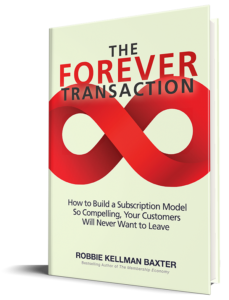I was an English major in college and to this day I am an obsessive fiction reader. One of the best books I read in 2014 was Dave Eggars’ The Circle[i]. The Booklist review said, “Most of us imagine totalitarianism as something imposed upon us—but what if we’re complicit in our own oppression? That’s the scenario in Eggers’ ambitious, terrifying, and eerily plausible new novel. When Mae gets a job at the Circle, a Bay Area tech company that’s cornered the world market on social media and e-commerce, she’s elated, and not just because of the platinum health-care package. The gleaming campus is a wonder, and it seems as though there isn’t anything the company can’t do (and won’t try). But she soon learns that participation in social media is mandatory, not voluntary, and that could soon apply to the general population as well. For a monopoly, it’s a short step from sharing to surveillance, to a world without privacy.”[ii]
The Circle fascinated me because it credibly imagines logical edge of Membership—total belonging and tremendous access but at a cost of all privacy and personal ownership. By the end of the novel, the heroine is broadcasting her every move to millions of viewers and living in a company dorm. She’s become a superuser who has renounced all relationships and activities that take her away from the community.
Superusers are members who engage in membership at a much higher level than typical members, often in an altruistic way. Typically comprising less than 1 percent of a membership, superusers can create tremendous value for other members. It’s important to remember that a person can’t be a superuser in many different membership groups, so it’s critical to engage them in your organization.
Most of my friends who read The Circle found it a horrifying to imagine a new kind of totalitarian regime that people join of their own accord but can’t escape once they realize how dangerous it is. I loved it and was intrigued by the many opportunities the book postulated as means to connect in the very near future. But I’m a joiner, inclined to give up privacy for connection. I loved how the company in the book added one service after another, starting with a Federated ID, and attaching it to one’s wallet, health records, friends, and even genealogy.
And yet, there is still a very real danger that we give up our privacy in exchange for a feeling of connection and acceptance.
Are you a superuser? How do you feel about sharing your demographic, pyschographic and behavioral data with organizations and companies of which you're a member?
[i] Dave Eggers, The Circle, (Knopf, New York, October 8, 2013)
[ii] Keir Graff, “The Circle by Dave Eggers,” Booklist, October 15, 2013, p15.


